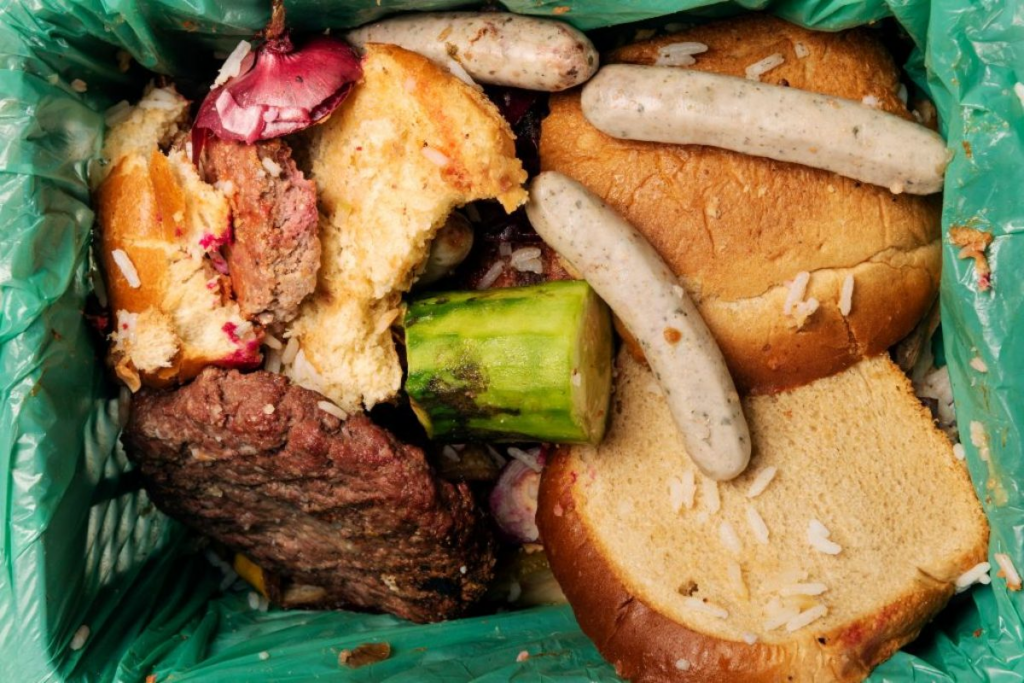Stop losing and wasting food for a sustainable planet, people and climate
Food loss and waste have emerged as a global crisis that demands our immediate attention. Each year, approximately one-third of the world’s food production is lost or goes to waste, resulting in staggering economic losses estimated at $1 trillion.
According to the Food and Agriculture Organisation, Sub-Saharan Africa faces a dire situation with a staggering 37% rate of food loss and waste. This wastage not only deprives farmers of their deserved economic returns but also squanders precious resources such as water, seeds, fertilizers, energy, and land. Moreover, food loss and waste contribute significantly to deforestation, species extinction, and an astonishing 8-10% of annual greenhouse gas emissions.
Amid discussions about the urgent need to increase food production to feed a growing global population expected to reach nearly 10 billion by 2050, we must not overlook the equally crucial task of reducing food loss and waste. Addressing this challenge could be a transformative action that not only helps us feed more people using the same agricultural land but also drastically reduces our environmental footprint.
Food insecurity remains a pressing concern in Africa, where an estimated 100 million people grappled with catastrophic food insecurity in 2020. Factors such as conflicts, climate change-induced crop failures, economic shocks, and soaring food prices have exacerbated this crisis.
Shifting from extractive to regenerative and sustainable models of food production can help reduce the expansion of agricultural lands into fragile ecosystems, minimize water and energy waste, and create sustainable jobs for youth, women, and all.

Sustainable Development Goal 12.3 aims to halve global food waste by 2030. The African Union Commission postharvest management strategy of August 2018 in line with the 2014 Malabo declaration targeted to reduce post-harvest losses by 50% by the year 2025 in African Union (AU) Member States. One significant challenge towards reducing food loss and waste is the lack of accurate, up-to-date data, which hampers effective solutions.
The UN Food Systems Summit in 2021 through the UN Secretary General`s Envoy on Food Systems, Dr. Agnes Kalibata, called for accelerated action across the world. To comprehensively tackle food loss and waste, policy interventions and public-private partnerships tailored to local contexts are essential. With a growing global population and limited job opportunities, sustainable farming in food systems offers a promising avenue to address the complex issues of food loss and waste.
The Food and Land Use Coalition growing better report highlighted reducing food loss and waste as one of the 10 critical transitions to a sustainable food and land use system. In Kenya, the Government, Food and Land Use Coalition and its partners (Global Alliance for Improved Nutrition- GAIN, AGRA, World Resources Institute Africa, among others) are developing the Kenya Food Systems and Land Use System Action Plan 2024-2030. The plan has identified reducing food loss and waste as one of the 5 major pathways to food system transformation.
The reducing food loss and waste plan has three major components. First, it involves the development of a comprehensive protocol to accurately report food loss and waste while pinpointing its sources. Second, it aims to reform and align existing food safety laws and regulations at both national and county levels, adapting them to address evolving challenges and addressing behaviour changes in food consumption patterns. Lastly, the plan focuses on enhancing market infrastructure, incorporating facilities like cold storage and processing units, to boost the efficiency of agricultural produce marketing.
It is imperative to recognize the urgency of reducing food loss and waste for a sustainable future. Sustainable farming in our food systems is not only an environmental imperative but also an economic opportunity, a means to alleviate food insecurity, and a pathway toward a more resilient and equitable world. By working together at local, national, and global levels, we can create a future where food is cherished, resources are conserved, and hunger is eradicated. There is a need for a sustained effort to address food loss and waste.




Nailed